In conversation with Mr. Aly Abousabaa – Director General, ICARDA and CGIAR Regional Director of Central and West Asia and North Africa (CWANA), and Dr. Tareq Alzabet – Board of Trustees Chairperson, ICARDA.
Despite climate pressures and geopolitical instability across several ICARDA regions where ICARDA operates, our teams and partners have demonstrated remarkable dedication in ensuring that our critical dryland research progressed uninterrupted, even in active conflict zones such as parts of the Middle East and Sudan. A key achievement was the emergency transfer of 14 vital crop species from our genebank in Lebanon to Morocco, a decisive action to safeguard their precious genetic diversity and ensure continuity of our breeding and conservation efforts.
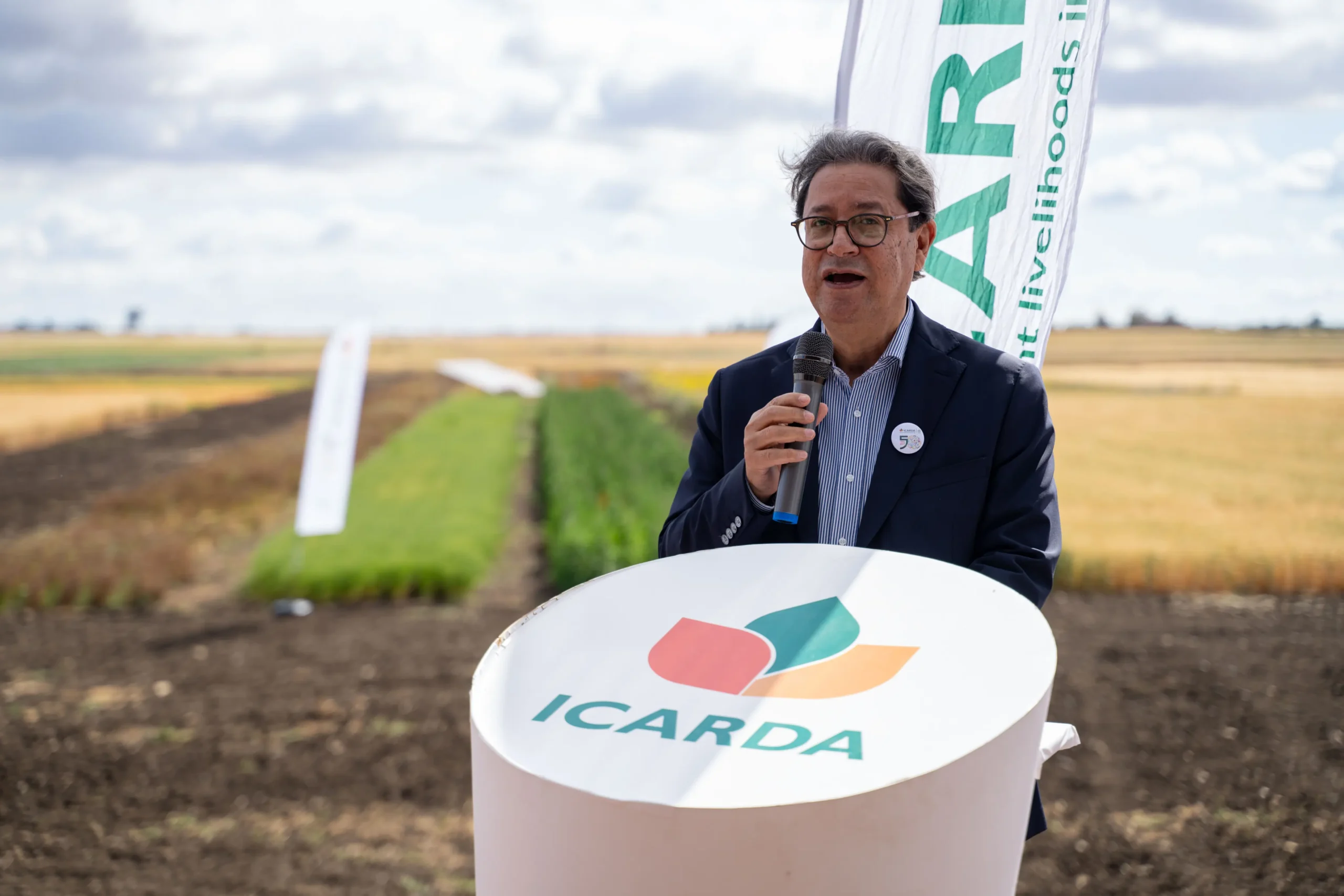
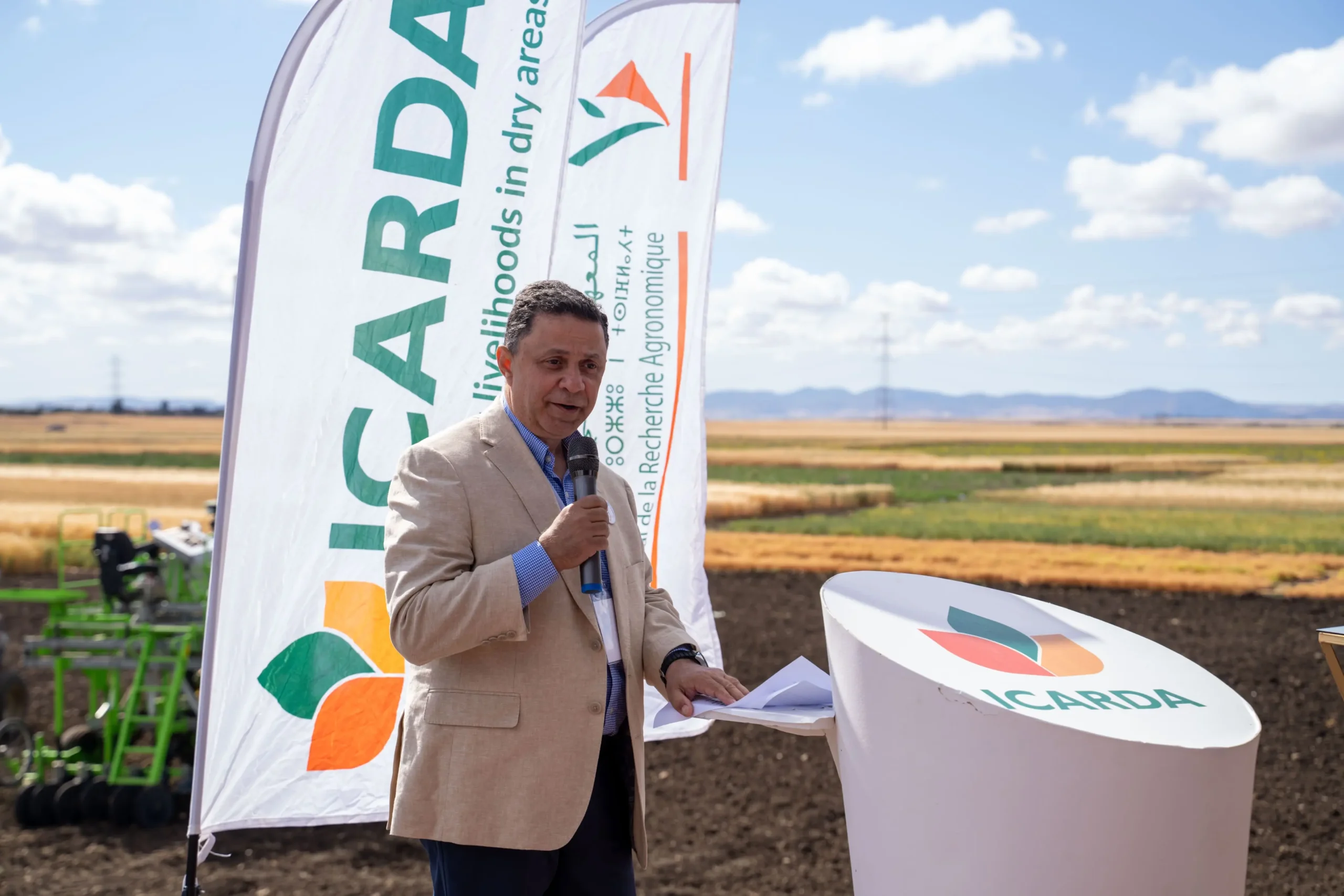
The Board is pleased to see ICARDA’s adaptability in an increasingly unpredictable world, supported by two foundational frameworks – the ICARDA 2030 Research and Innovation Strategy and the CGIAR Global Strategy for Resilient Drylands. These are guiding us to stay a step ahead of accelerating climate change threats and capitalize on emerging transformative opportunities, such as genome editing, artificial intelligence, and the bio-digital transformation of ICARDA’s genebanks to speed up breeding efforts to develop climate smart crops. As we celebrate our 50th anniversary in 2025, the message is clear: embracing change is essential for survival.
Strategic alliances to scale ICARDA’s reach and impact.
Outreach activities to connect, inform, and mobilize.
Peer-reviewed scientific publications advancing global dryland research.
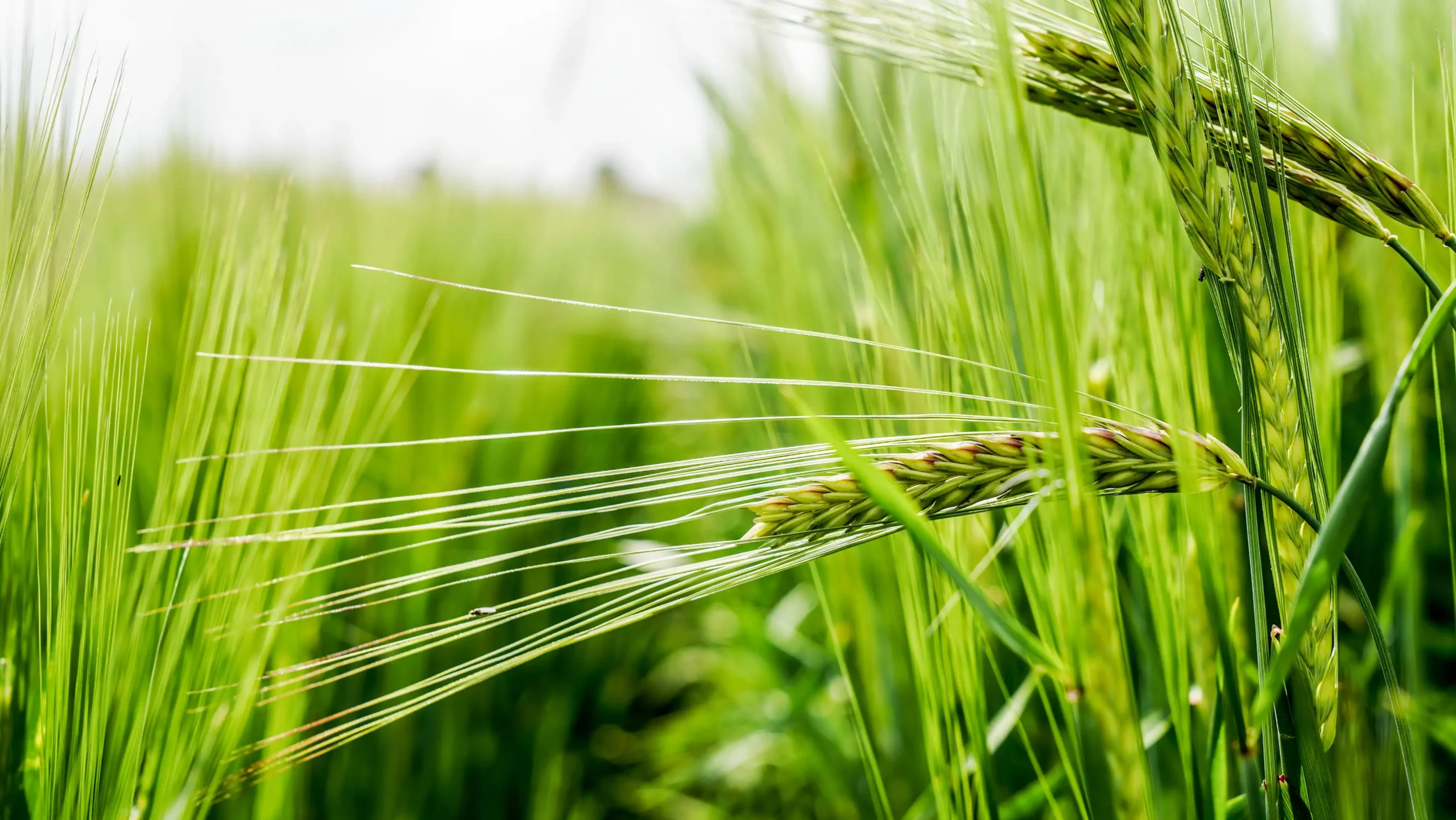
The climate crisis is rendering many crops unviable. So it is encouraging to see our drought-tolerant wheat varieties thriving in the dry fields of Syria, Sudan, and Zimbabwe, and the return of forgotten, resilient crops to farms, diets, and markets in India and Morocco, restoring both nutrition and resilience. Local action is key to meeting climate goals, supported by training, financial incentives, inclusive policies, and integrated technology bundles that empower all farmers to succeed. These combine innovations like improved seeds, mechanized tools including the lightweight raised bed machine, supplemental irrigation, and capacity-building programs.
Building on this point, decision-makers also need better and timely access to reliable information and user-friendly resources to navigate the increasingly complex and constantly shifting policy landscape. ICARDA is responding with science-backed solutions that translate research into action. ICARDA tools, such as APLED, which analyzes the economics of land degradation, and the Sustainable Rangeland Management toolkit, which guides the restoration of degraded landscapes using native species, are helping them do this along with tested innovations such as the Water-Energy-Food Nexus project which is achieving a 64% reduction in greenhouse gas emissions during field trials; offering a scalable model for climate-smart dryland transformation.
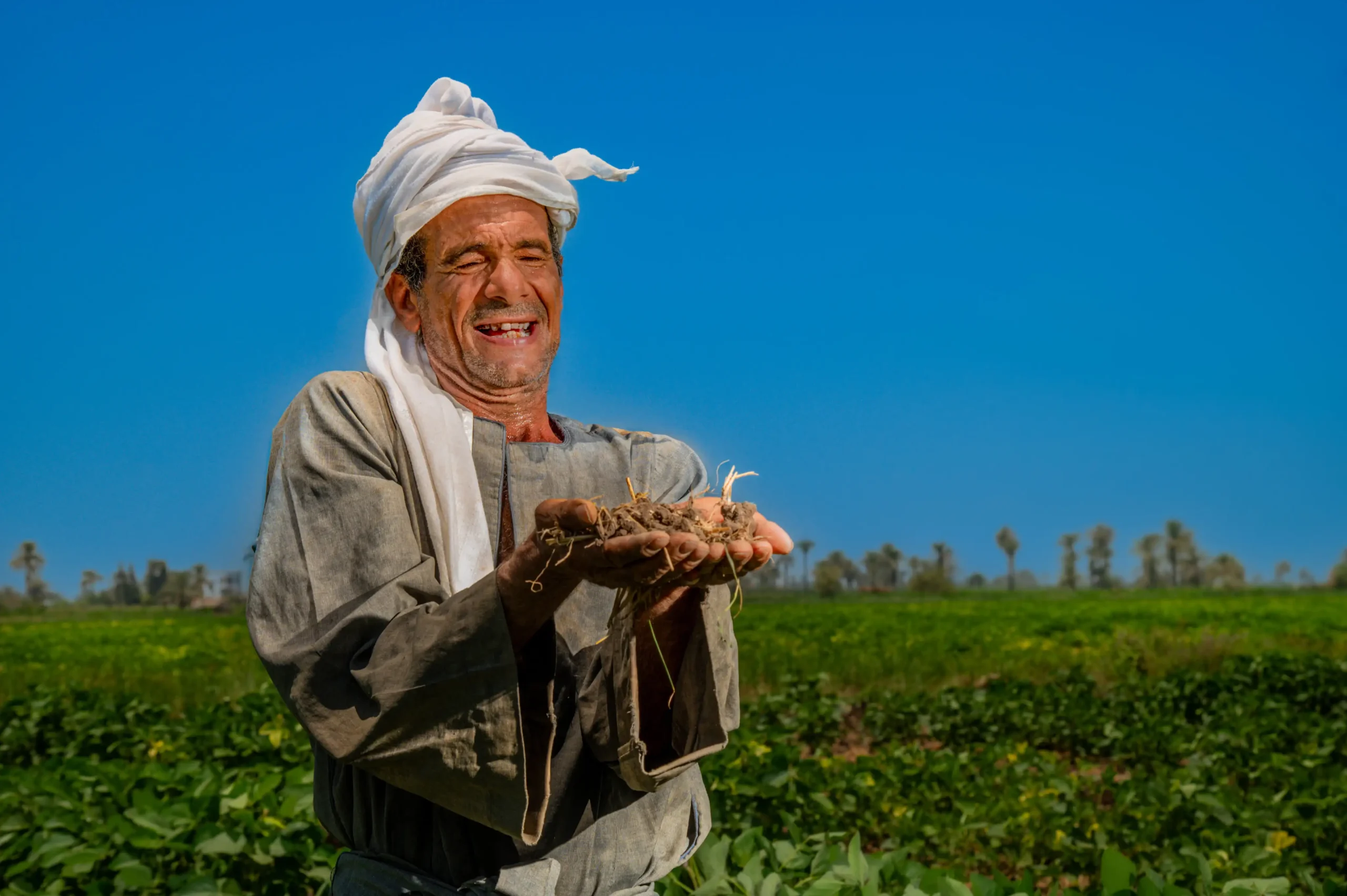
Among ICARDA’s major achievements from 2024 include launching Mali’s first Community-Based Breeding Program so livestock keepers can take an active role in shaping genetic improvement strategies. We’ve also invested in more effective data systems for smallholder breeders, which are proving transformational in goat and sheep programs by improving decision-making and accelerating genetic gains. These kinds of initiatives show ICARDA’s continual emphasis on supporting women, youth, and marginalized groups across increasingly precarious dryland conditions.
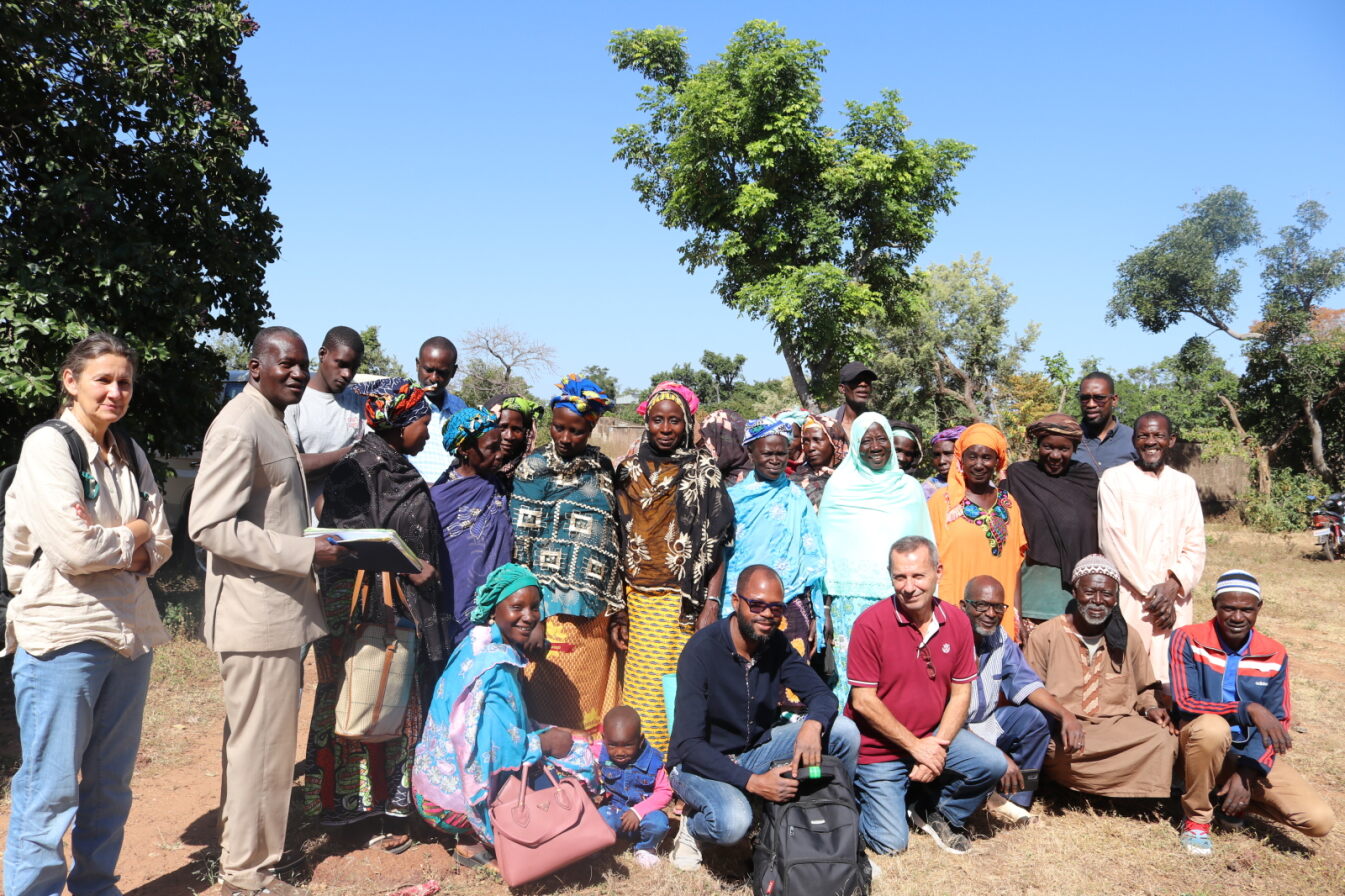
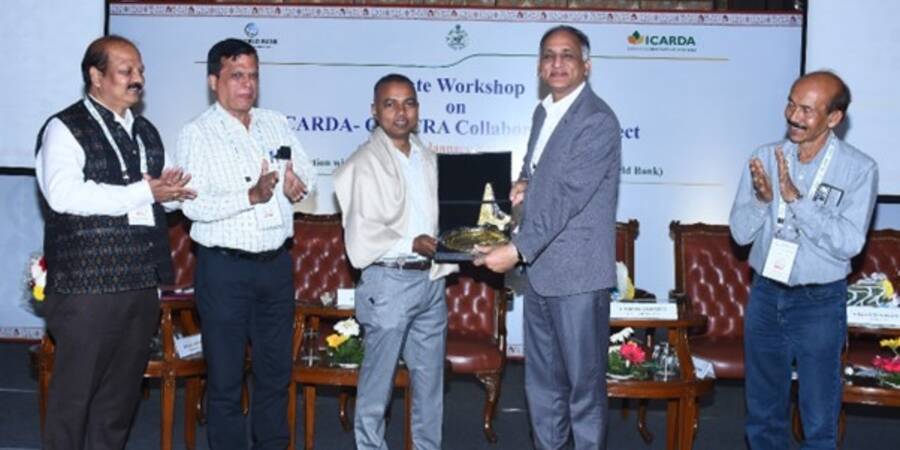
The Board has been very impressed with initiatives like the Odisha Integrated Irrigation Project, ICARDA’s work in pastoral systems in Tunisia, and the From Listeners to Changemakers program. We have also seen how, sometimes, even in drylands, excess water can be a problem, which is why our work to expand grasspea cultivation in flood-prone areas in Bangladesh is critical.
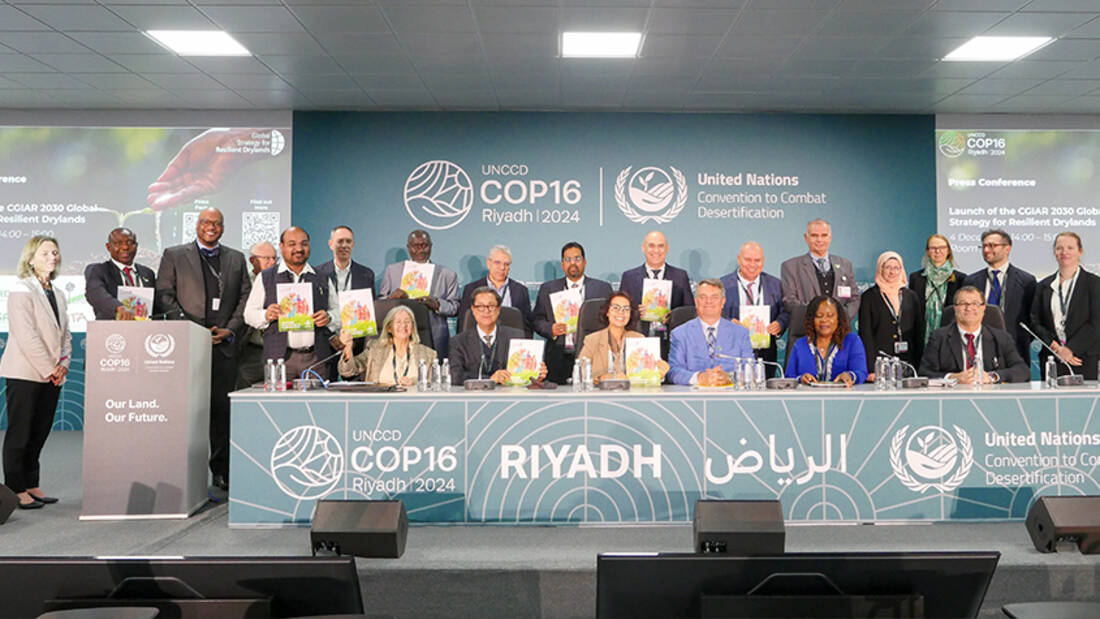
In 2024, ICARDA actively contributed to discussions at the Climate (UNFCCC) COP29 in Baku and the Desertification (UNCCD) COP16 in Riyadh. We partnered with Egypt’s Ministry of Water Resources and Irrigation during Cairo Water Week, presented research at the Salon International de l’Agriculture au Maroc (SIAM), and maintained strong engagement with CGIAR leadership. It is inspiring to see the growing synergy and collaboration within the dryland agricultural research community, exemplified by initiatives such as the Integrated Desert Farming Innovation Platform.
Equally encouraging is the continued confidence and support of ICARDA’s funding and strategic partners, including a major commitment from the United Arab Emirates (UAE) to combat the spread of red palm weevil and continued collaboration with key partners like Tottori University, the Food and Agriculture Organization of the UN (FAO), and the Crop Trust. A 2024 highlight was a high-level meeting with Bill Gates and the successful conclusion of the International Fund for Agricultural Development (IFAD)-funded project on smarter conservation agriculture with crop and livestock integration, which leaves a strong legacy across multiple countries.
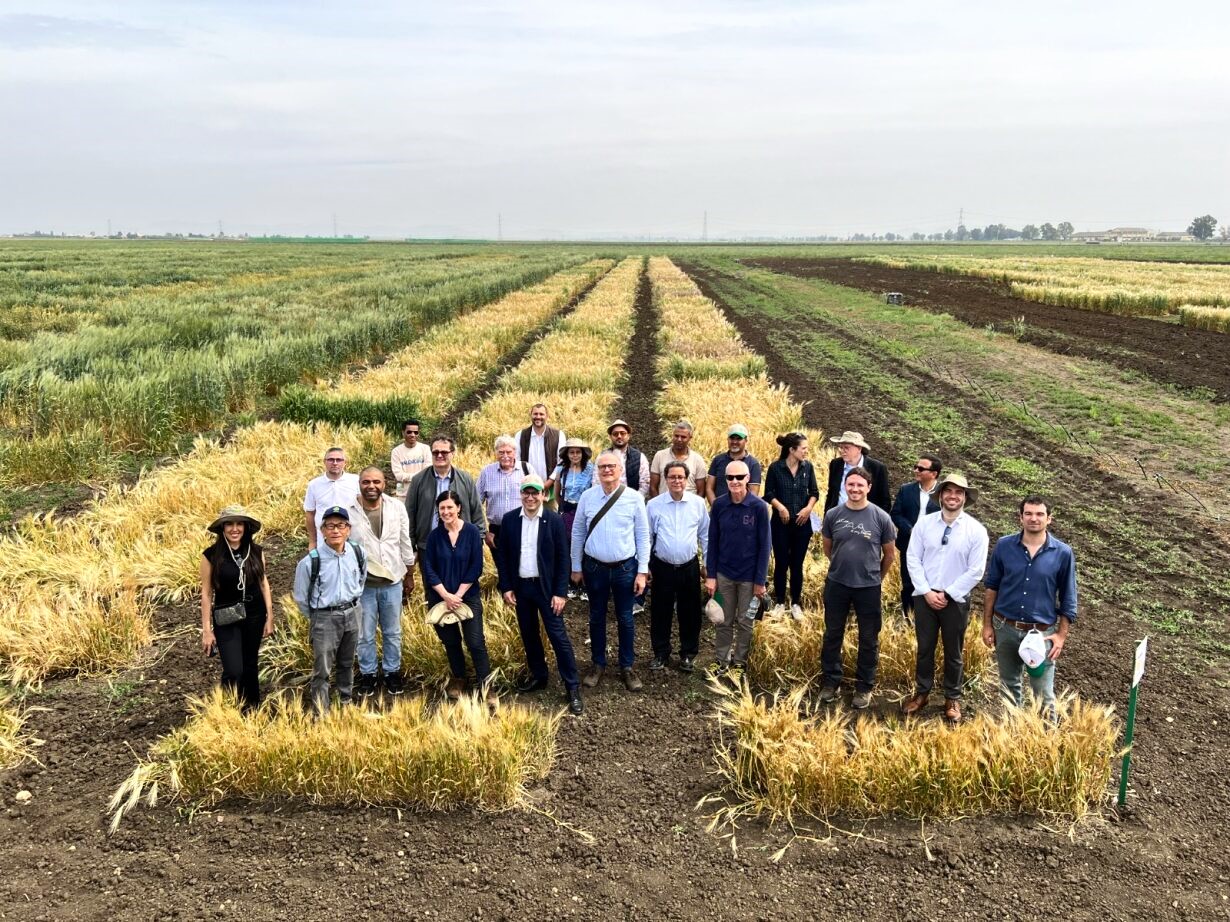
In 2025, we aim to expand regional initiatives and align closely with CGIAR’s new Science Programs, focusing on dryland resilience through technical innovation and fostering robust institutional and community partnerships. The challenges ahead are significant, but so too is the potential.
Indeed. The dryland communities we serve face growing pressure, and ICARDA has to continue to deliver, whether in the field, in the lab, through emergency response, or strategic collaboration. Its ability to stay focused and achieve meaningful impact under such demanding conditions has been truly remarkable.
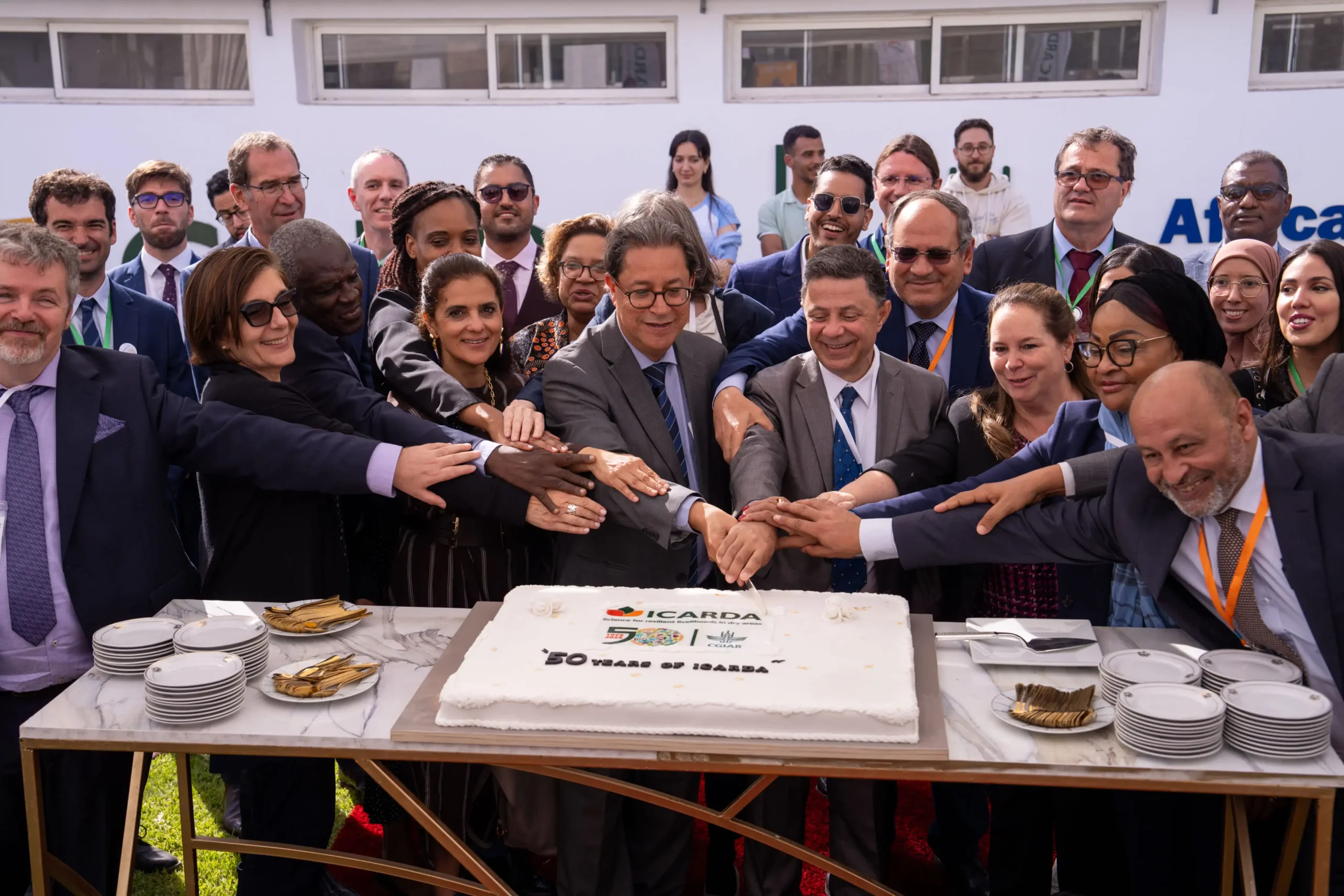
Explore similar work that might interest you.